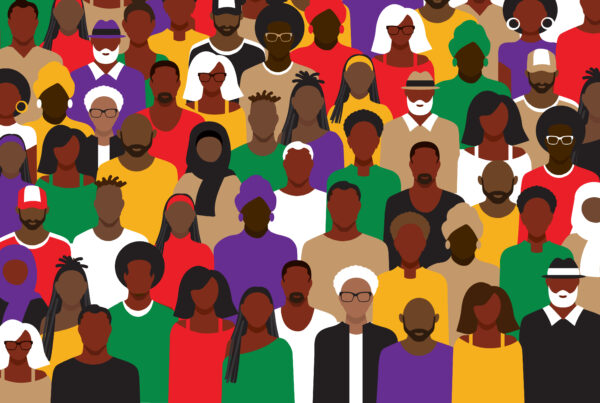We recently posted a question on our Facebook and Twitter accounts and the responses to that quiz piqued my interest. According to the results, many of our readers have heard of CBT but not many have actually tried it. That made me think that it might be useful to explain how CBT can help an individual – not just with mental health problems, but also in a variety of areas of your life.
CBT stands for Cognitive Behavioral Therapy and is a form of psychotherapy that has been around since the early 1960’s. (There’s an interesting story about how the two most prominent founders of the model, Aaron Beck and Albert Ellis published their seminal books about the same time in the same year – so there has been some dispute over who was the first to formally present some of the key ideas.) CBT takes into account a person’s thoughts or perceptions, and how those thoughts or perceptions affect emotions and actions. We learn to identify our automatic thoughts or distorted thinking, after which we are better able to change those thoughts to something more logical or more useful. We can then begin changing our patterns of behavior, facing fears and eliminating unnecessary precautions, getting more active, or applying new alternative behaviors in place of the old actions that kept us stuck.
The skills of CBT can be applied immediately to problems we are suffering from in the present. And these skills become a helpful set of tools that can be applied to new situations as the challenges of life arise. CBT can be applied to work, school, relationships, and social situations - almost anything!
Among the most common reasons someone may seek out CBT are depression, anxiety, obsessive-compulsive disorder, social anxiety, and post-traumatic stress disorder (PTSD). What many people don’t realize is that CBT can be applied to a whole host of issues we face in our daily lives: pain conditions, sleep disorders, life stress, eating disorders…the list goes on.
In recent years, we have learned that CBT has another asset – learning how to change our thoughts and behaviors can be done from the privacy of our own homes. Internet-Delivered Cognitive Behavioral Therapy, (iCBT) has been demonstrated to be as effective as face-to-face therapy. The iCBT option means that those of us who may not otherwise choose face-to-face therapy – because of cost, stigma, or lack of options nearby – can still get the benefits of CBT.
CBT may sound like just another acronym in a world full of TLAs (three-letter acronyms). But really, it’s shorthand for a proven strategy for reshaping our unhelpful thinking and changing our unhealthy behaviors. Whether you need help with the stress of a new job, handling college life, or speaking in front of a group, CBT is a tool that can help you change your thoughts, your behaviors, and your life!




